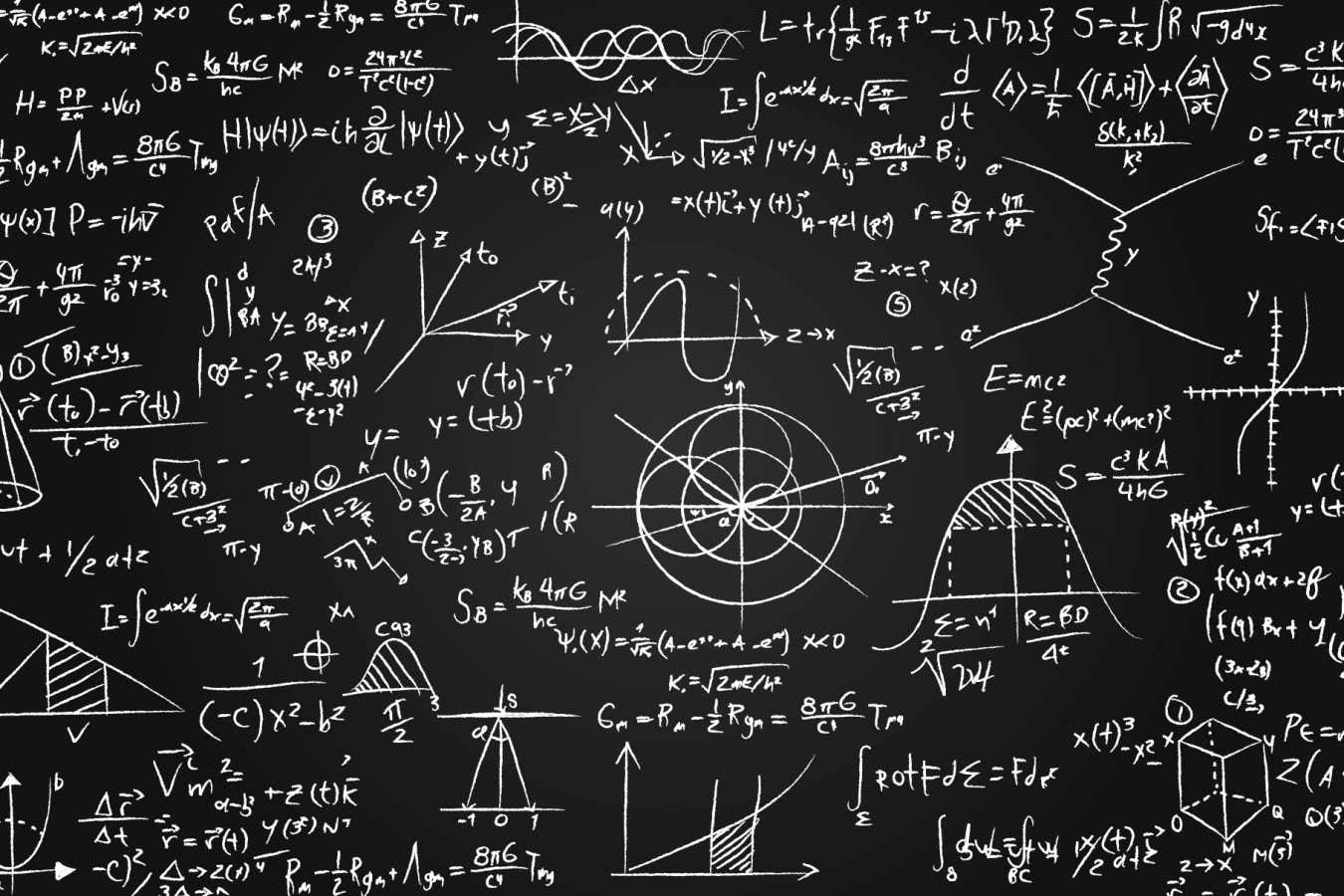Two AI models have achieved gold medal standard for the first time in a prestigious competition for young mathematicians – and their developers claim these AIs could soon crack tough scientific problems
By Alex Wilkins
22 July 2025
AIs are getting better at maths problems
Andresr/ Getty Images
Experimental AI models from Google DeepMind and OpenAI have achieved a gold-level performance in the International Mathematical Olympiad (IMO) for the first time.
The companies are hailing the moment as an important milestone for AIs that might one day solve hard scientific or mathematical problems, but mathematicians are more cautious because details of the models’ results and how they work haven’t been made public.
Read more
Incredible maths proof is so complex that almost no one can explain it
Advertisement
The IMO, one of the world’s most prestigious competitions for young mathematicians, has long been seen by AI researchers as a litmus test for mathematical reasoning that AI systems tend to struggle with.
After last year’s competition held in Bath, UK, Google DeepMindannounced that AI systems it had developed, called AlphaProof and AlphaGeometry, had together achieved a silver medal-level performance, but its entries weren’t graded by the competition’s official markers.
Before this year’s contest, which was held in Queensland, Australia, companies including Google, Huawei and TikTok-owner ByteDance, as well as academic researchers, approached the organisers to ask whether they could have their AI models’ performance officially graded, says Gregor Dolinar, the IMO’s president. The IMO agreed, with the proviso that the companies waited to announce their results until 28 July, when the IMO’s full closing ceremonies had been completed.
